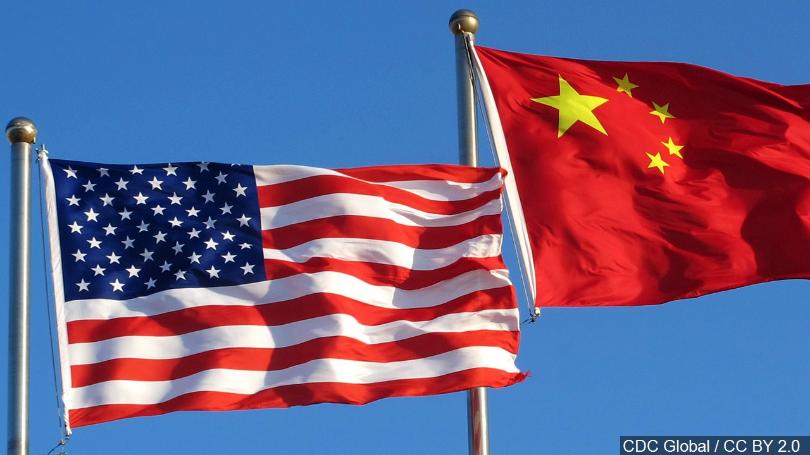WH official: US, China in ‘final weeks’ of trade talks

Agency
March 13, 2019

WASHINGTON– The top U.S. trade negotiator suggests that the U.S. and China are nearing an agreement that would end their trade conflict, but wouldn’t commit to a specific time frame.
“Our hope is that we are in the final weeks of having an agreement,” U.S. Trade Representative Robert Lighthizer told the Senate Finance Committee Tuesday.
But there are still major issues that need to be resolved, he said. “I can’t predict success at this point.”
Lighthizer also said the agreement would have to include an enforcement provision that would enable the U.S. to restore tariffs on Chinese imports if it violated provisions of the pact. That is seen as a major sticking point for Chinese officials.“We are going to have an enforceable agreement, or the president won’t agree to the agreement,” Lighthizer said.
There have been conflicting signals from the administration about progress in the negotiations. President Trump said Friday he was confident that U.S. could reach a deal with China, which would presumably remove all or most of the tariffs on $250 billion of Chinese imports that the Trump administration imposed last year. China retaliated by slapping duties on about $110 billion of U.S. goods.But Trump also said Friday, “If this isn’t a great deal, I won’t make a deal.”
Lighthizer outlined a multipart agreement that will probably exceed 110 pages and address U.S. complaints about fundamental elements of China’s state-led economic system, as well as pry open Chinese markets for American manufacturers, farmers and ranchers.
Chinese subsidies for favored industries, which result in excess production spilling over into global markets, will be among the disruptive practices targeted.
“These real structural issues have to be addressed, and in our negotiations they are being addressed,” Lighthizer said. “We are making headway.”
Any agreement must curb China’s requirement that foreign companies surrender technology secrets to their Chinese joint-venture partners before doing business in China and must protect U.S. intellectual property, Lighthizer said.
U.S. negotiators are insisting on establishing an enforcement mechanism with up to 18 meetings annually between Chinese and U.S. officials to discuss complaints lodged by American companies. In the event that diplomacy does not resolve the problems, the United States wants the right to unilaterally impose trade penalties on China, Lighthizer said.“We have to have real progress, and we have to maintain the right to raise tariffs when there are violations of the agreement,” he said.
Lighthizer spoke one day after Senate Minority Leader Charles E. Schumer (D-N.Y.) accused the president of rushing into a “weak” deal with the Chinese.“It is abundantly clear that China is playing us,” Schumer said on the Senate floor.
More than two weeks after Trump and Treasury Secretary Steven Mnuchin said the United States and China had reached agreement on a currency provision in the trade talks, Lighthizer said the two sides were only “pretty close” to such a deal.
If finalized, the currency provision would prevent Beijing from manipulating the yuan’s value to gain a trading advantage.
“We don’t have an agreement with China. Nothing’s really done until everything’s done,” he said.
Sen. Robert Portman, Republican from Ohio, asked Lighthizer if a deal would be reached by the end of this month. Chinese president Xi Jingping is scheduled to travel to Europe at that time and officials have hinted that he could tack on a trip to Trump’s Florida resort, Mar-a-Lago, to sign a pact by the end of March.
Lighthizer said, “I don’t know when it is going to happen.” The timetable is up to President Trump, he added, and China.
Lighthizer also told the senators that he and Treasury Secretary Steven Mnuchin spoke with Chinese officials Monday night on the phone. The two sides regularly exchange drafts of a 110-120 page agreement, he said.
---


Leave Comment